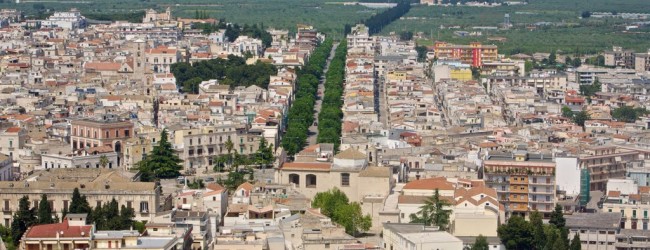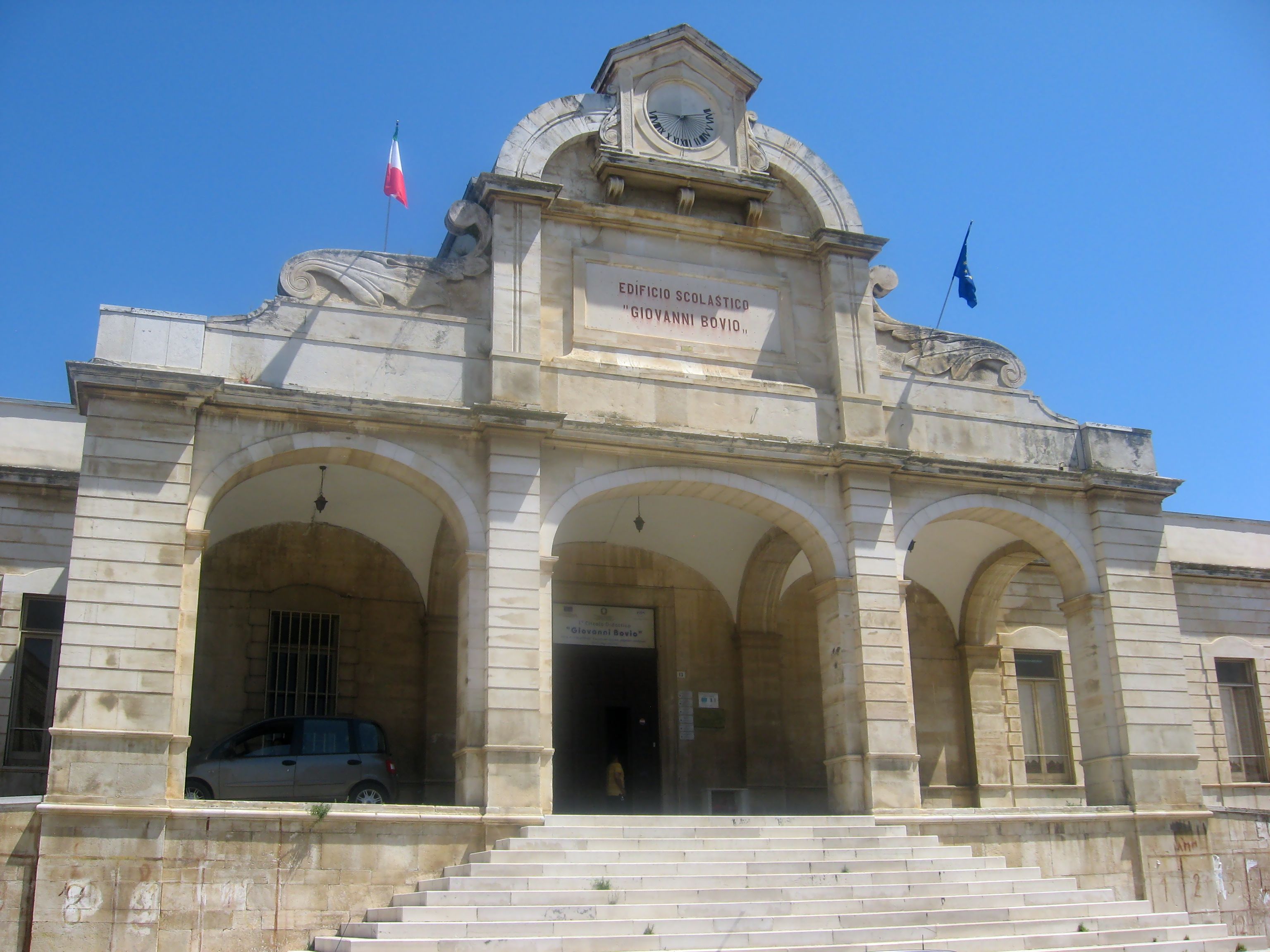



"Ruvo died to revive, like the Phoenix of Heliopolis, from the ashes of himself"
(Salvatore Fenicia, Monograph by Ruvo di Magna Grecia

Ruvo of Apulia (Ruvo di Puglia), is an Italian town in the metropolitan city of Bari in Puglia. It is part of the Alta Murgia National Park, of which it houses an operational office, and was included in the North-West Murgia Barese mountain community.

It is also home to the Jatta National Archaeological Museum which has increased the fame of the city thanks to the thousands of archaeological finds from the Hellenistic period preserved there, so much so that the Talos vase, a precious piece of the collection, has become a community symbol.

It is also the third largest municipality in the metropolitan city and is a city of oil as well as a city of art.
The history of Ruvo di Puglia begins with the foundation of the first villages in 2000 BC. and it reaches up to our days. The history of this town in the land of Bari is lost in the mists of time: little or nothing was known about its origins and its history until the nineteenth century when the prestigious vases and numerous coins of the ancient times that have given back to the stealing people a space, a time and a place in history.

Ruvo has undergone the domination of all the great peoples that history has known starting with the Greeks, passing by the Normans and ending with the Bourbon domination.
After the dominion of the Carafa, the liberal uprisings also touched Ruvo but failed miserably as in the rest of the south.
However, in the early nineteenth century Giovanni Jatta was particularly distinguished, who was elected by the Ruvestini as lawyer of the city, won the case against the Carafa family, obtaining lavish compensation and was among the protagonists of those archaeological excavations that brought to light the numerous finds of Peucet, Greek and Roman period preserved in the Jatta museum.
In the period prior to the unification of Italy, Ruvo was the site of a Carbonara sale called "Perfetta Fidelity" which included the patriot and lawyer Francesco Rubini who was responsible for organizing the Risorgimento uprisings also in Ruvo. In the post-unification period Ruvo, albeit slowly, knew the signs of progress also thanks to the Rumanian deputy and agronomist Antonio Jatta, who pointed out to the government the numerous problems of Puglia and the province of Bari.
Fundamental milestones of progress were marked in 1905 by the arrival of electric lighting and in 1914 with the diffusion of public water.
During the first world war 367 ruvestini fell on the battle fronts while in the fascist twenty years other works of public benefit were carried out such as the reclamation of the quagmire and the creation of the sewer in 1938 of which still today we can distinguish some fascist manhole covers with the fascist coat of arms flanked by the coat of arms of the municipality of Ruvo di Puglia.
After the Second World War Ruvo distinguished himself in the cultural sphere, above all thanks to the works of Domenico Cantatore, but also in the economic sphere with the flourishing vines and olive groves.
Ruvo of Apulia
Address: Piazza Giacomo Matteotti, 31, 70037
Phone: 080 9507111
Site:
http://www.comune.ruvodipuglia.ba.it/Location inserted by
Pasqua Demetrio